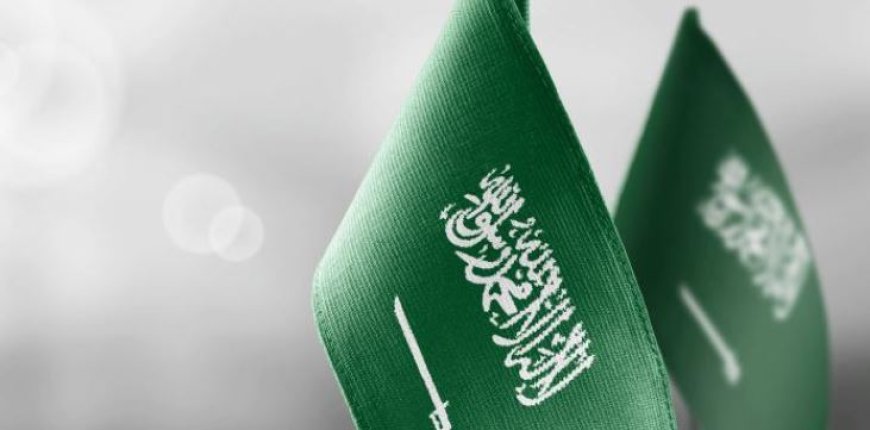Iraqi youth set fire to the office of Saudi Arabia's MBC station
Early Saturday, tensions erupted in Baghdad as a group of irate young Iraqis set fire to the MBC television network headquarters. Arson was carried out in direct retaliation to a report that the channel labeling notable commanders of Iraq's Muqawama (resistance) movement aired, which claimed them as terrorists dead in combat. Under the title "Millennium to Get Rid of Terrorists," the report generated indignation for its treatment of these leaders, who many Iraqis consider as heroes in the struggle against foreign attack.

Early Saturday, tensions erupted in Baghdad as a group of irate young Iraqis set fire to the MBC television network headquarters. Arson was carried out in direct retaliation to a report that the channel labeling notable commanders of Iraq's Muqawama (resistance) movement aired, which claimed them as terrorists dead in combat. Under the title "Millennium to Get Rid of Terrorists," the report generated indignation for its treatment of these leaders, who many Iraqis consider as heroes in the struggle against foreign attack.
Near Baghdad University, the MBC office was attacked by demonstrators who smashed machinery before igniting the structure. The demonstrators denounced what they considered as a disrespectful and libelous presentation of their martyred leaders by the Saudi television. Respected leaders within Iraq's resistance groups, the martyrs in issue have traditionally opposed foreign military presence, especially from the United States and its allies.
Among individuals the program allegedly offended were leaders connected to several resistance groups, including those engaged in the battle against foreign occupation and against ISIS in Iraq. Supporters of these groups consider them as protectors of Iraq's sovereignty and as essential component of the larger regional "Axis of Resistance" against Western influence and Israeli expansion.
Declaring the news to be a "moral fall" and demanding an apology from the Saudi media outlet, the Palestinian Islamic Resistance Movement (Hamas) said in a statement their unhappiness with it. Many of the resistance movements in the area are closely associated with Hamas, hence the rhetoric MBC used was considered as an insult to their common fight.
Quick to follow with threats of reprisals were Iraqi insurgent groups. They issued a warning stating that additional actions against the interests of the Saudi network in Iraq would be executed should the MBC office remain open. Between Iraq's pro-resistance groups and Saudi Arabia, long considered as a regional adversary, the uncertain circumstances has created still another layer of conflict.
The reaction also centers on the killing of Yahya Sinwar, chief of Hamas' political office, on October 16 while engaged in combat against Israeli forces in the Gaza Strip. Given the Kingdom's apparent connection with Western powers and Israel, Sinwar's death has invigorated regional opposition movements even more and stoked anti-Saudi attitude.
The attack on MBC's office in Baghdad emphasizes the growing differences in the Middle East, where the story of opposition against occupation still has great power. For Iraqis, especially the young people involved in the demonstration, the martyred commanders are icons of sacrifice and defiance. Any attempt to classify them as terrorists is seen as an attack on their legacy and the more general resistance movement many Iraqis support.
The event may worsen already tense political and sectarian relations between Iraq-Saudi Arabia as the aftermath goes on. The next days will show if the Saudi network will apologize or if more acts by Iraq's opposition organizations will aggravate the matter.













































